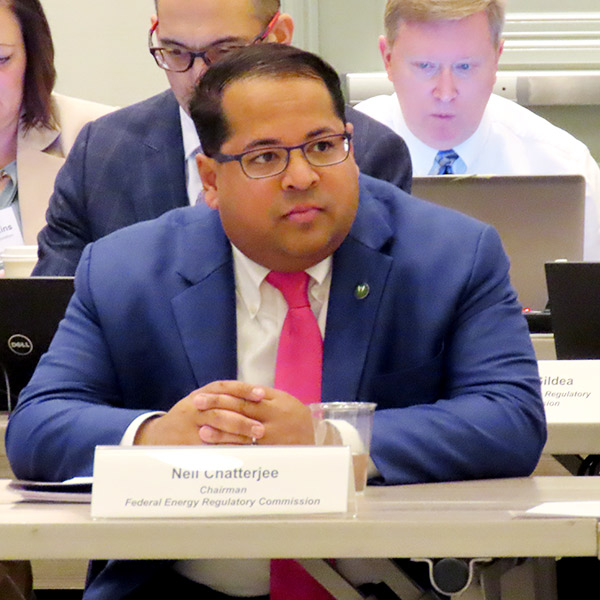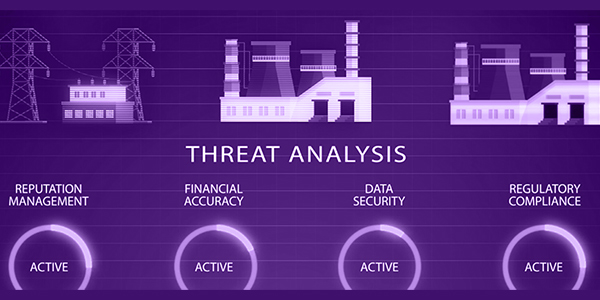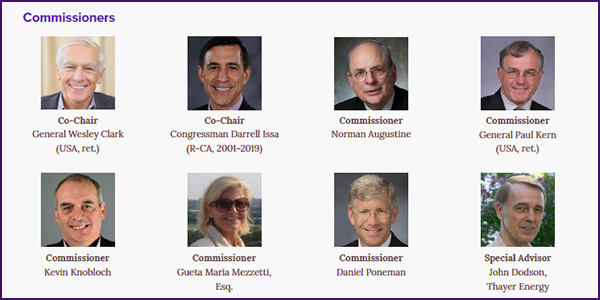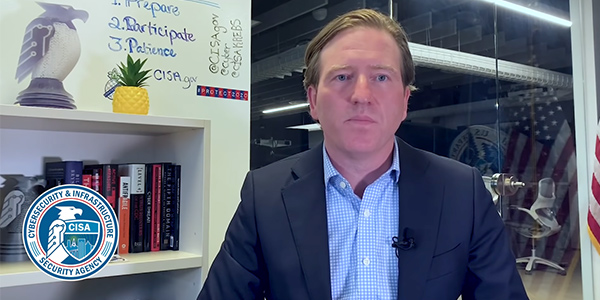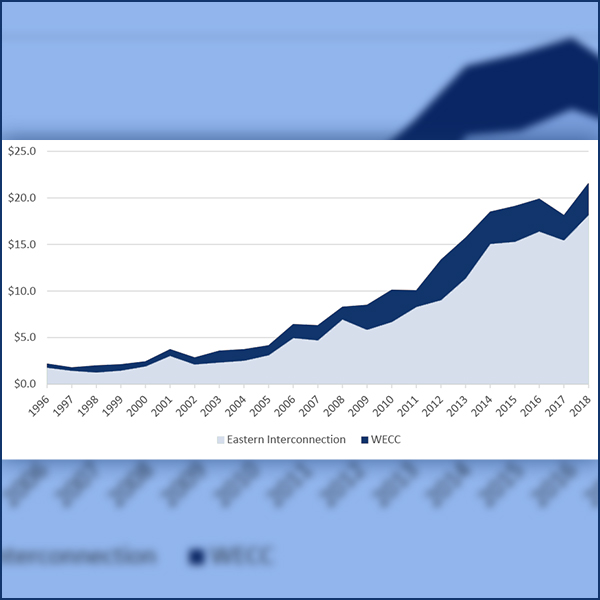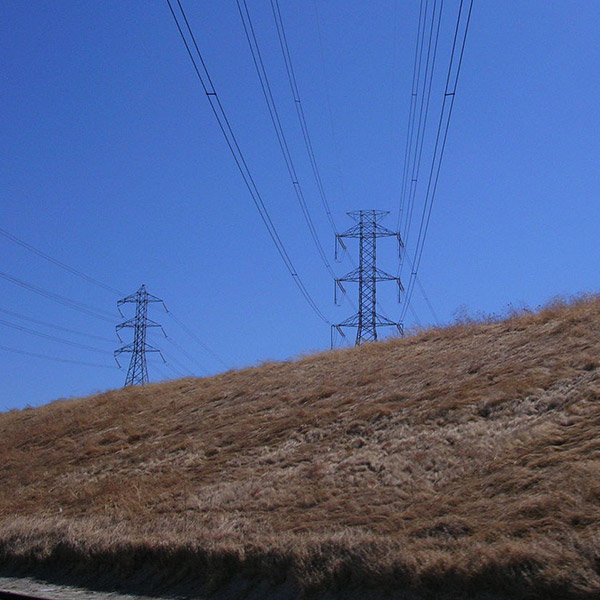FERC & Federal
The Federal Energy Regulatory Commission is an independent regulatory agency that oversees the transmission of electricity, natural gas and oil in interstate commerce, as well as regulating hydroelectric dams and natural gas facilities.
FERC ordered NERC to make an informational filing on possible modifications to the CIP reliability standards to allow their use.
DOE issued a prohibition order barring some U.S. utilities from acquiring equipment from China, citing concerns that its government may undermine the BPS.
FERC proposed incentives to encourage public utilities to make cybersecurity investments above and beyond the requirements of NERC’s CIP standards.
Supply chain rules from NERC and the federal government are increasing costs and procurement cycles for utilities and technology vendors.
Foreign adversaries are honing their cyber threat strategies against the North American bulk power system, cybersecurity experts told the MRO.
Retired four-star Gen. Wesley Clark warned ACORE's Grid Forum that the U.S. bulk electric system is not prepared for a major cyberattack.
President Trump fired CISA Director Chris Krebs after he and the agency pushed back against Trump's false claims of electoral fraud.
DOE’s latest assessment of transmission congestion has concluded there is no need to designate national-interest transmission corridors.
Commenters generally back FERC’s proposal to approve new NAESB standards for transmission but urged it to reject two replacement rules.
After a three-month delay because of the pandemic, CIP-013-1 took effect, starting the 18-month compliance period for stakeholders.
Want more? Advanced Search


